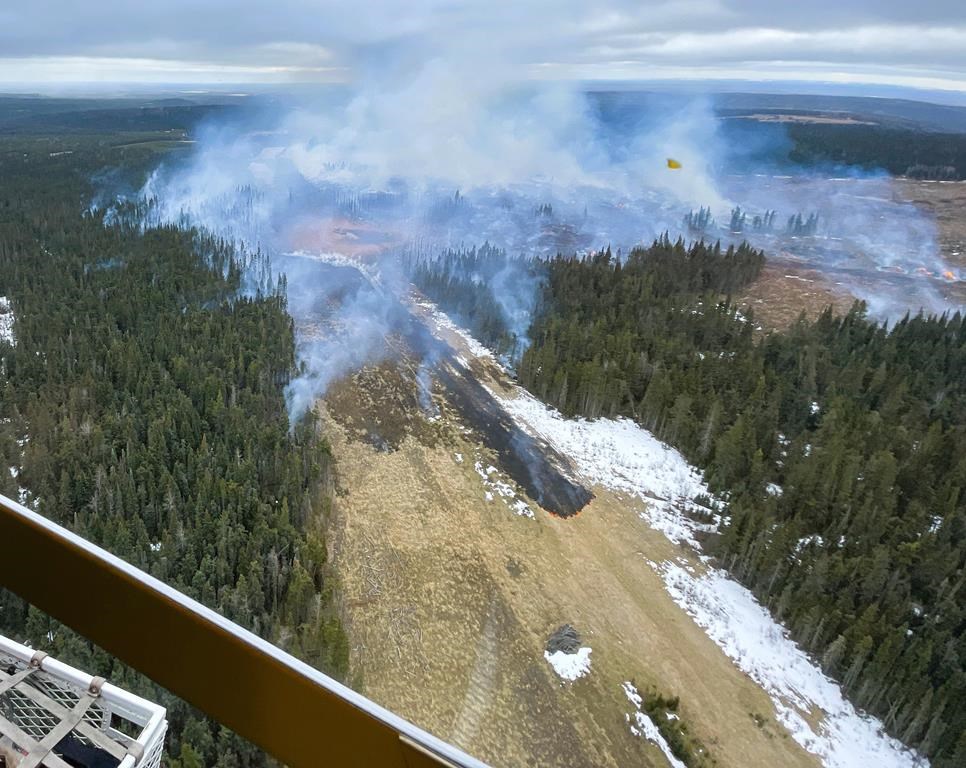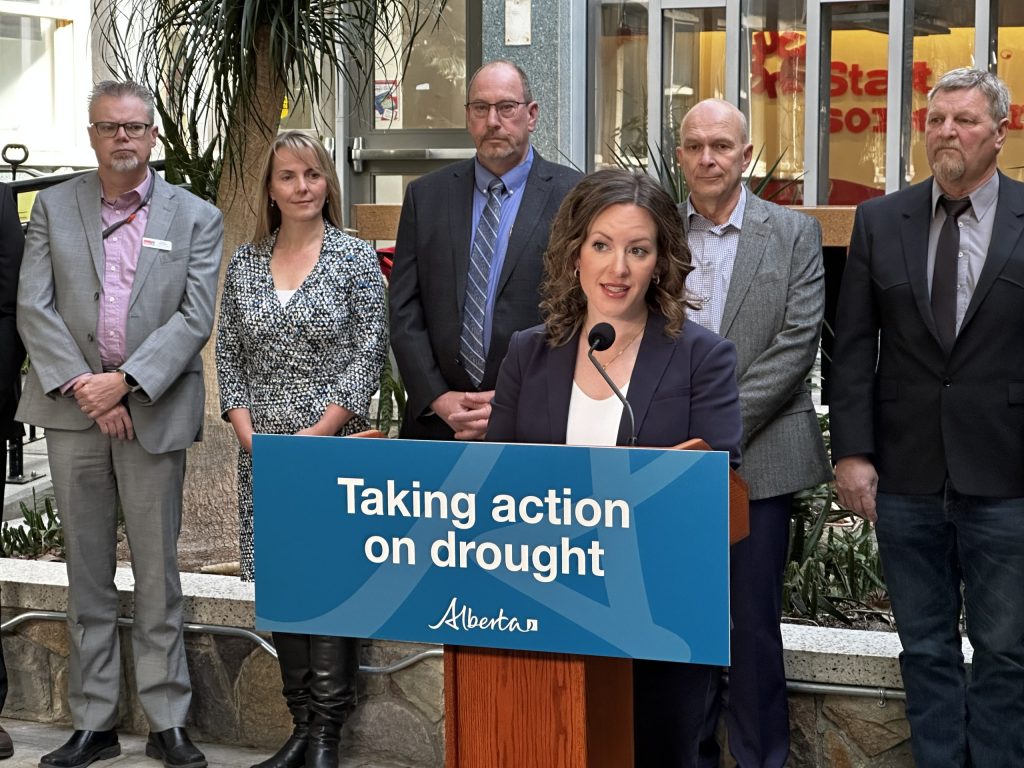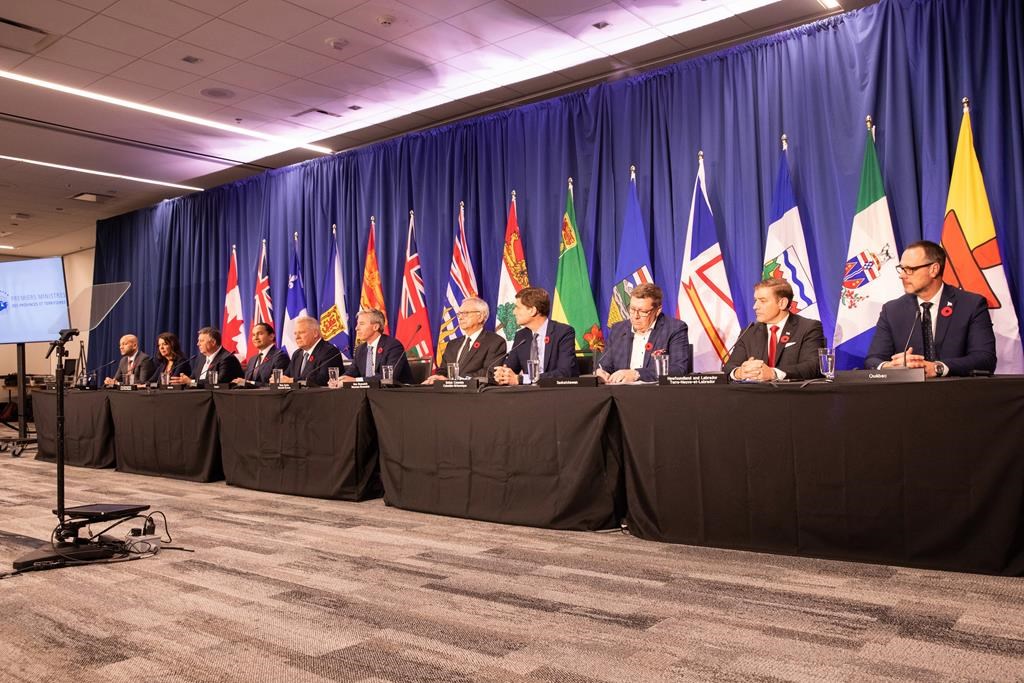Provinces, politicians split on carbon tax Supreme Court ruling
Posted March 25, 2021 10:47 am.
VANCOUVER (NEWS 1130) – As Canada’s top court says the federal government’s carbon tax is constitutional, the decision is being met with mixed reaction from premiers, politicians, and special interest groups.
The governments of Ontario, Alberta, and Saskatchewan had launched legal challenges after the price on pollution was passed in 2018. They argued the Trudeau government overstepped its jurisdiction and infringed on provincial taxation and natural resource powers.
Alberta Premier Jason Kenney says his province will talk with its allies and consult Albertans “to protect jobs and the economy.”
“Obviously, while we are disappointed with this decision, we have to respect that it’s a majority decision of the Supreme Court of Canada,” he said Thursday, after the decision. “There are a number of different options that we will be considering. We will be starting those consultations right away.”
Kenney notes the federal government is permitting provinces to bring in their own policies.
“Quebec’s cap-and-trade system, for example, has an imputed cost of about $20 a tonne versus the federal carbon tax now in effect in Alberta, which has been sustained by the decision, which will go up to $40 a tonne on April the first,” Kenney explained. “So we are looking at what can we do to minimize the cost to our economy, to taxpayers, and to jobs.”
Saskatchewan Premier Scott Moe says he’s not deterred by the ruling, saying the carbon tax is “bad environmental policy, bad economic policy, and simply wrong.”
“While the Supreme Court has determined that Prime Minister Trudeau has the legal right to impose a carbon tax, it doesn’t mean he should, and it doesn’t make the carbon tax any less punitive for Saskatchewan people,” he said in a statement.
“The ruling comes with a strong dissenting opinion — one that warns that this decision has far reaching implications for federal intrusion into areas of provincial jurisdiction,” Moe’s statement continued. “Saskatchewan will remain vigilant in defending our constitutional jurisdiction from further infringement from this federal government.”
Today’s decision by the Supreme Court of Canada does not change our core conviction that the federal carbon tax is bad environmental policy, bad economic policy, and simply wrong.
Read my full statement below: pic.twitter.com/owT29uYjag
— Scott Moe (@PremierScottMoe) March 25, 2021
The Canadian Taxpayers’ Federation says it’ll continue to oppose the policy, pointing to B.C. as an example.
“The real-world examples of carbon tax, especially in British Columbia, show that really what you get, despite what the theory predicts, is a lot of economic pain for not any environmental gain,” said Aaron Wudrick, CTF federal director.
“The fact remains that this tax represents higher costs for millions of Canadian families and businesses,” he added.
Related articles:
-
Federal carbon tax is constitutional, Supreme Court of Canada rules
-
Ottawa unveils proposed federal carbon offset emission credit regulations
-
Federal climate plan includes carbon tax increases through 2030
The federal NDP’s critic for environment and climate change says the party welcomes the top court’s decision. However, the NDP continues to raise concerns about the climate crisis.
“Canadians are still worried about the climate crisis and the lack of meaningful action from the Liberal government,” said the NDP’s Laurel Collins. “They’re being asked to do their part, and they want to know it is making a real difference.”
Meanwhile, B.C.’s government says it’s pleased with the Supreme Court’s decision. The province was among a number of intervenors in the case on behalf of the federal government.
Environment Minister George Heyman says the ruling reaffirms what British Columbians know and have been doing since 2008, when the province introduced its own carbon tax.
Minister @GeorgeHeyman says he & prov pleased with SCOC ruling on carbon pricing system. BC was intervenor in the case on behalf of federal government. He says the reaffirms what BCers know and have been doing since 2008 re climate change and carbon pricing.#bcpoli @NEWS1130
— LizaYuzda (@LizaYuzda) March 25, 2021
The City of Vancouver was also an intervenor on behalf of the government. Mayor Kennedy Stewart applauds the court’s decision, saying the ruling “is an affirmation of the approach” taken in Vancouver.
“That no matter who you are, where you live, we all have a role to play in curbing emissions and dealing with the climate emergency,” he said. “Climate change is real and it doesn’t respect borders. The action we take here in Vancouver has an impact on the entire world.”
He says the city not only supports the federal policy but “relies on it” in order to meet its own climate targets.
A win for environmentalists
The Supreme Court’s ruling is undoubtedly a win for environmentalists, including Paul Kershaw, a UBC professor and the founder of Generation Squeeze.
His group also intervened in the case, arguing the costs and impacts of climate change will unfairly impact younger Canadians.
“I think that when you have the Supreme Court of Canada start its decision by saying, ‘Climate change is real. It’s caused by greenhouse gas emissions resulting from human activities, and the only way to address that threat of climate change is to reduce greenhouse gas emissions,’ I think that is fundamentally critical and can give us hope,” Kershaw said.








